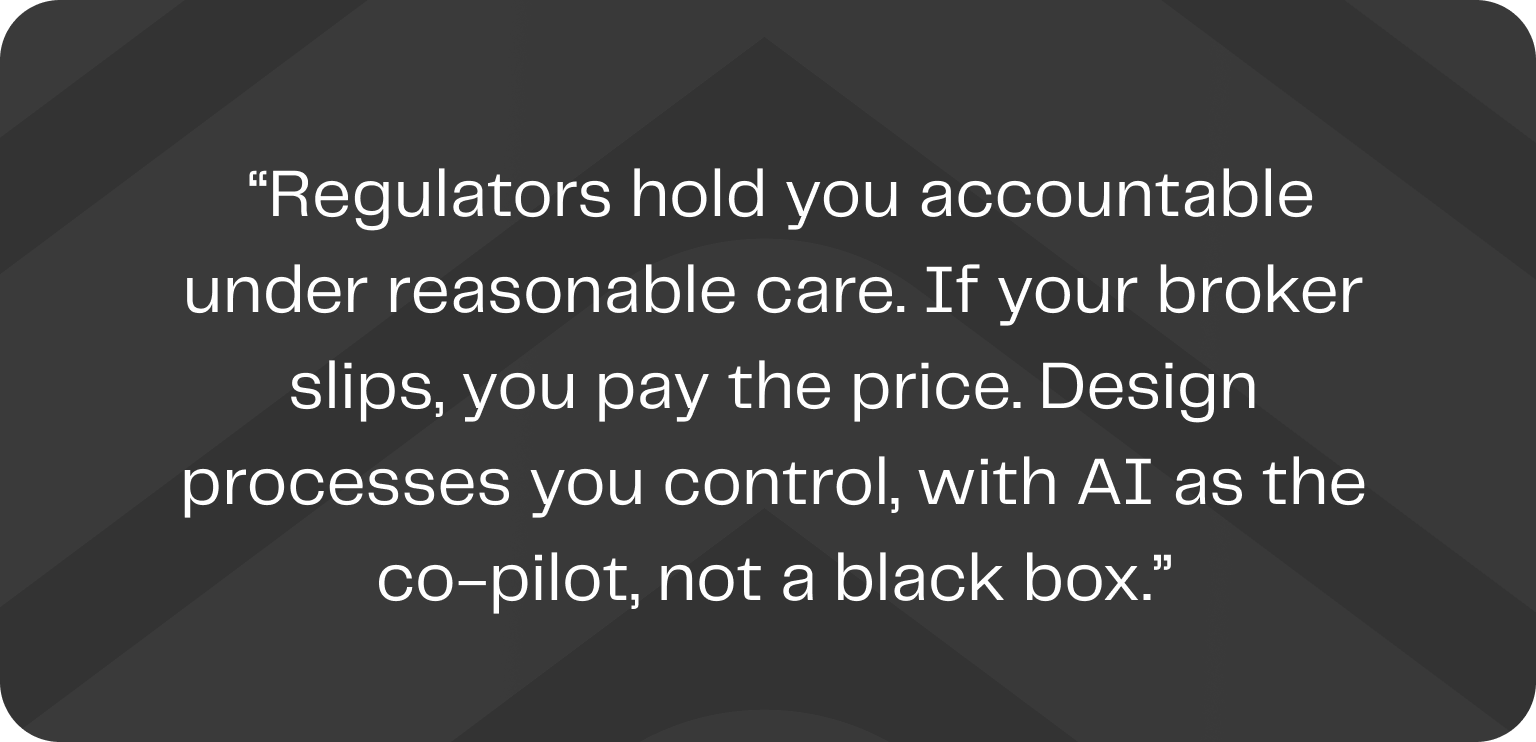Customs is breaking under pressure. Tariffs change overnight, every shipment is under scrutiny, and small errors in documentation can derail entire supply chains. The suspension of de minimis in August means every package entering the U.S. now faces duty charges.. For forwarders, that means more filings, more exceptions, and greater risk exposure.
Traditional compliance models — manual rework, reliance on brokers, and disconnected systems — can’t keep pace. Forwarders that want to grow profitably in 2025 need a different approach: one that removes errors at the source, adapts instantly to tariff changes, and empowers teams to focus on higher-value work.
Pitfall 1: Incomplete or Inaccurate Customs Documentation
Documentation overload is a daily reality: invoices, certificates, licenses, packing lists. One error on a single form can stop a shipment in its tracks. Manual data entry only compounds the risk, creating bottlenecks and costly rework.
AI fix: Raft automates data capture and validation, flagging discrepancies before they become shipment delays.

Pitfall 2: Constantly Changing Tariff Rules
Recent months have brought historic shifts:
- On August 29, 2025, the U.S. suspended its de minimis threshold.
- That same day, the USTR extended 178 Section 301 exclusions through November 29.
- In May 2025, the U.S. and China struck a deal to keep the baseline tariff on Chinese goods at 30%, even as reciprocal tariff rates swung from a peak of 145% down to 10%. The agreement, originally limited to 90 days, has since been extended multiple times and is now set to expire on November 10, 2025.
This volatility forces forwarders to reclassify goods, recalculate costs, and reconfigure compliance processes at speed.
AI fix: Raft’s configurable automation handles tariff updates without weeks of rework, keeping shipments compliant even when the rules change overnight.
Pitfall 3: Over-Reliance on Customs Brokers
Forwarders that lean too heavily on brokers are exposed. CBP holds importers and forwarders accountable under a “reasonable care” standard. If your broker slips, you pay the price.
Raft expert insight: “Regulators hold you accountable under reasonable care. If your broker slips, you pay the price. Design processes you control, with AI as the co-pilot, not a black box.”
AI fix: Raft reduces broker dependency by automating classification and filings internally, giving forwarders direct control over compliance-critical workflows.

Pitfall 4: Lack of Visibility Into Customs Exceptions
Errors often surface too late — when cargo is already stuck or fines are accruing. Without real-time exception handling, teams scramble across emails and spreadsheets to put out fires.
Even regulators are embracing AI to move faster. Morocco’s Customs and Indirect Tax Administration (ADII), in partnership with the World Customs Organization and the Swiss government, recently launched an AI-driven risk analysis project. The initiative, aligned with ADII’s 2028 strategy, uses big data and machine learning for predictive targeting and fraud detection. For forwarders, this raises the bar: if customs authorities are upgrading to AI, manual exception handling inside your organization is no longer enough.
AI fix: Raft surfaces issues instantly, providing real-time alerts and exception tracking so forwarders can resolve problems in minutes, not days.

Pitfall 5: Customs Teams Stretched Too Thin
Labor shortages mean small teams are already maxed out. Supply chain labor shortages are putting additional pressure on customs and logistics. Without automation, compliance risk grows as volumes increase.
AI fix: Raft saves minutes on every document and hours on every shipment, creating the equivalent of additional headcount without the cost.
Statistic overlay: “Raft saves 5–7 minutes per document (Blind Case Study)”
Building a Scalable Customs Model
Raft experts see a clear pattern in successful forwarders who adopt AI:
- Start small — one process, one document type.
- Prove value quickly, then expand.
- Create feedback loops so frontline teams see accuracy gains and build trust.
- Appoint internal champions who share wins and push adoption.
Raft expert insight: “Start simple. Prove the value. Use early wins as fuel to grow.”
The Path Forward
Stop letting customs be a bottleneck.. With practical AI, forwarders can cut errors, adapt faster to tariff changes, and scale without adding headcount.
CTA: Download our checklist Is Your Customs Team Ready to Scale? and see how your team measures up.
